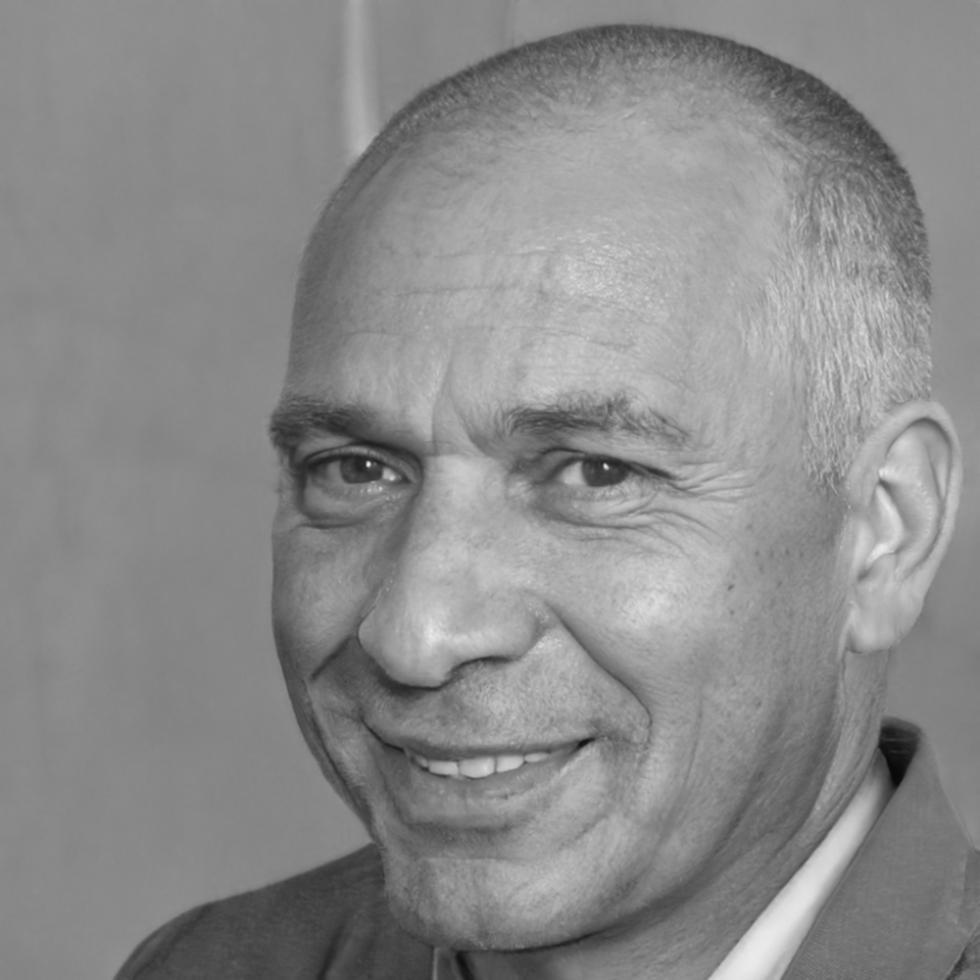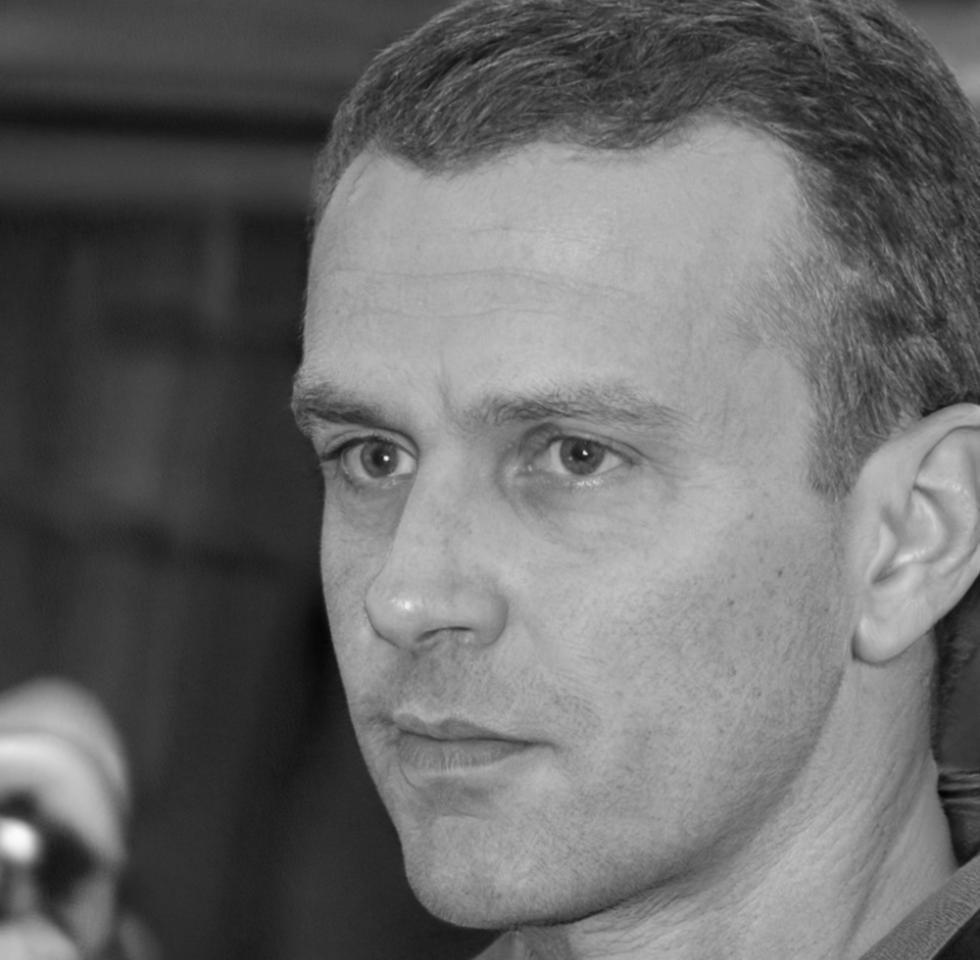Goals First, Numbers Second
Here's what we've noticed after years of working with people on their finances: when you try to squeeze your life into a spreadsheet, something breaks. Usually your motivation. So we flipped it.
You start by getting clear on what you're actually working towards. Maybe it's buying a house in Preston, maybe it's a career change, maybe it's just having breathing room each month. Whatever it is, that becomes your north star.
- Map your actual priorities without judgment or shame
- Design spending patterns that align with those priorities
- Build buffer zones for the unexpected stuff life throws at you
- Track what matters and ignore what doesn't





